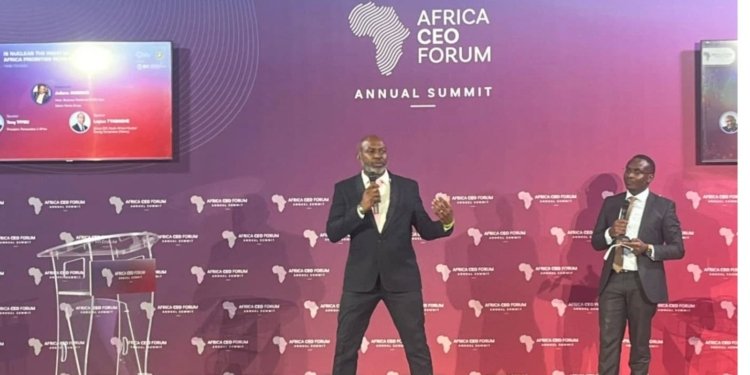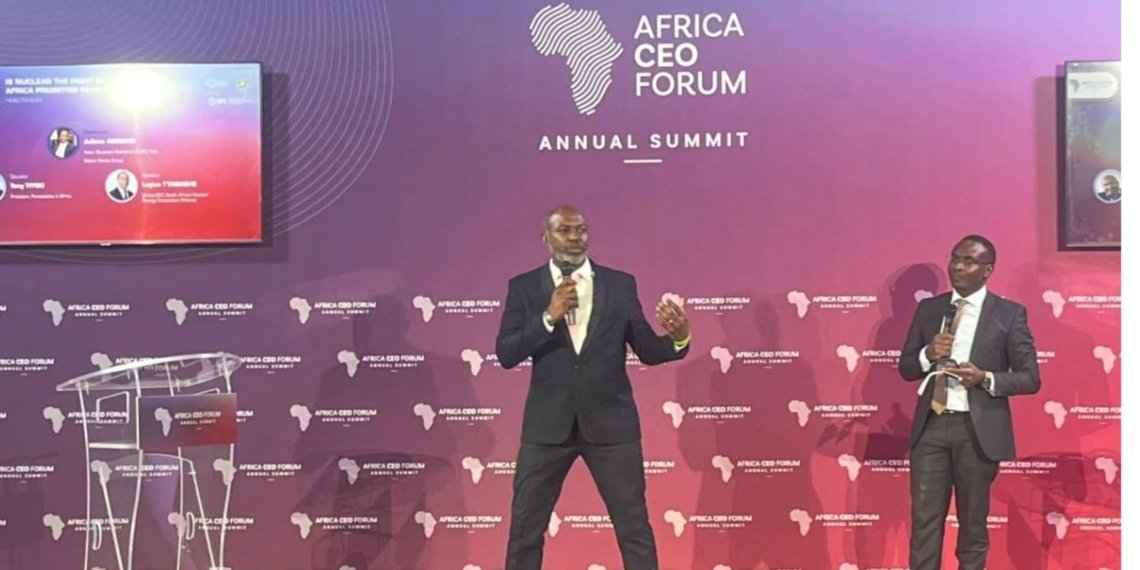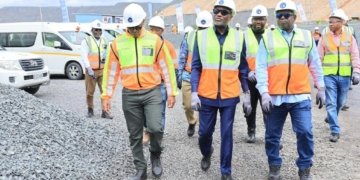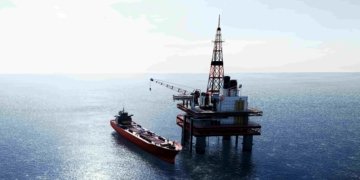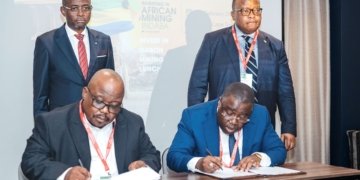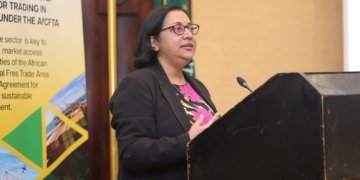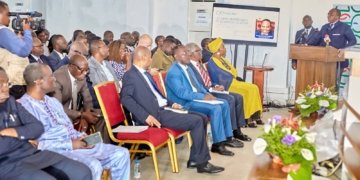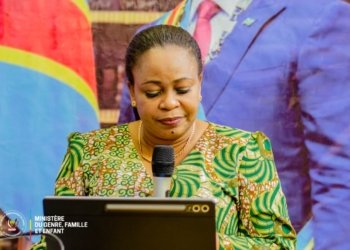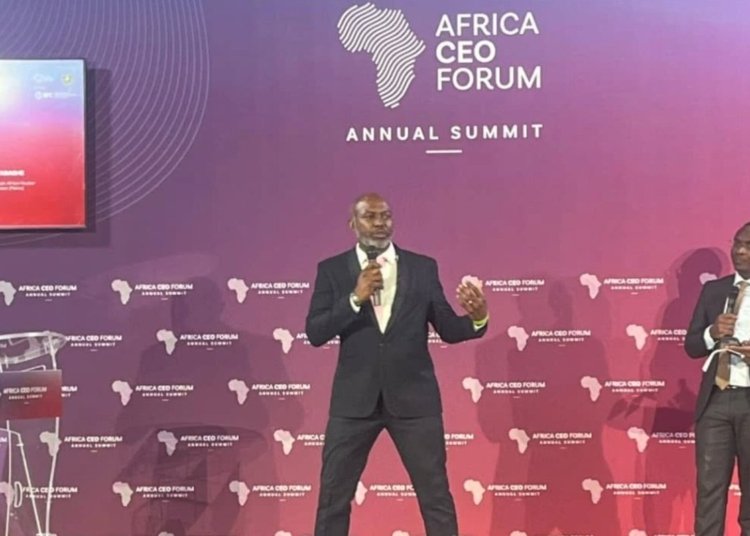ABIDJAN, Côte d’Ivoire – The 12th Africa CEO Forum, held May 12–13 in Abidjan, Côte d’Ivoire, placed Africa’s energy crisis under the global spotlight as more than 2,000 business leaders, investors and policymakers gathered to explore solutions for the 600 million Africans still without reliable electricity.
With the theme, Can a New Deal Between State and Private Sector Deliver the Continent a Winning Hand?, the forum sparked debates over nuclear power versus renewables, highlighting the urgent need for investment, policy reform and inclusive energy strategies.
Debating Africa’s Energy Future
Loyiso Tyabashe, CEO of the South African Nuclear Energy Corporation (Necsa), faced off with Tony Tiyou, president of Renewables in Africa, in a high-profile “Head-to-Head” session titled Is Nuclear the Right Bet? The two clashed over the future of Africa’s energy mix in one of the forum’s most closely watched debates.
A two-tiered voting system gauged the audience’s position before and after the session. The initial vote showed 70% favor of nuclear and 30% for renewables.
After the debate, support for nuclear rose slightly to 73%, while backing for renewables dropped to 27%, a shift suggesting that the nuclear case persuaded some attendees.
South Africa Calls for a Balanced Transition
South African delegates were among the forum’s strongest voices for a pragmatic, locally driven energy transition.
Mineral and Energy Resources Minister Gwede Mantashe warned against pressuring African countries into aggressive decarbonization timelines, arguing they have contributed minimally to global emissions.
He also criticized international policies such as the European Union’s carbon tax, saying they unfairly penalize African exports.
Minister in the Presidency Kgosientsho Ramokgopa echoed that stance. “You can’t have a just transition if people remain in the dark,” he said, referring to the continent’s widespread energy poverty.
Ramokgopa also noted that South Africa’s Just Energy Transition would require at least 1.5 trillion Rand ($83 billion) in investment by 2050.
Push for Global Investment
Beyond the headline debates, South Africa used the forum to attract global investment in energy infrastructure, manufacturing and logistics sectors.
With the African Continental Free Trade Area (AfCFTA) opening new economic opportunities, officials emphasized the country’s commitment to building investor-friendly policies.
Despite its vast renewable energy potential, Africa draws only about 2% of global clean energy investment.
Forum delegates said that gap stems from a lack of financial guarantees and investor confidence, which continues to deter private capital.
Whether through nuclear, renewables or a mix of both, the path forward must reflect Africa’s development priorities, supported by global cooperation and long-term investment.
Can Africa pursue an energy path that is both ambitious and realistic, supporting development through nuclear, renewables or both, with help from global cooperation and sustained investment?
